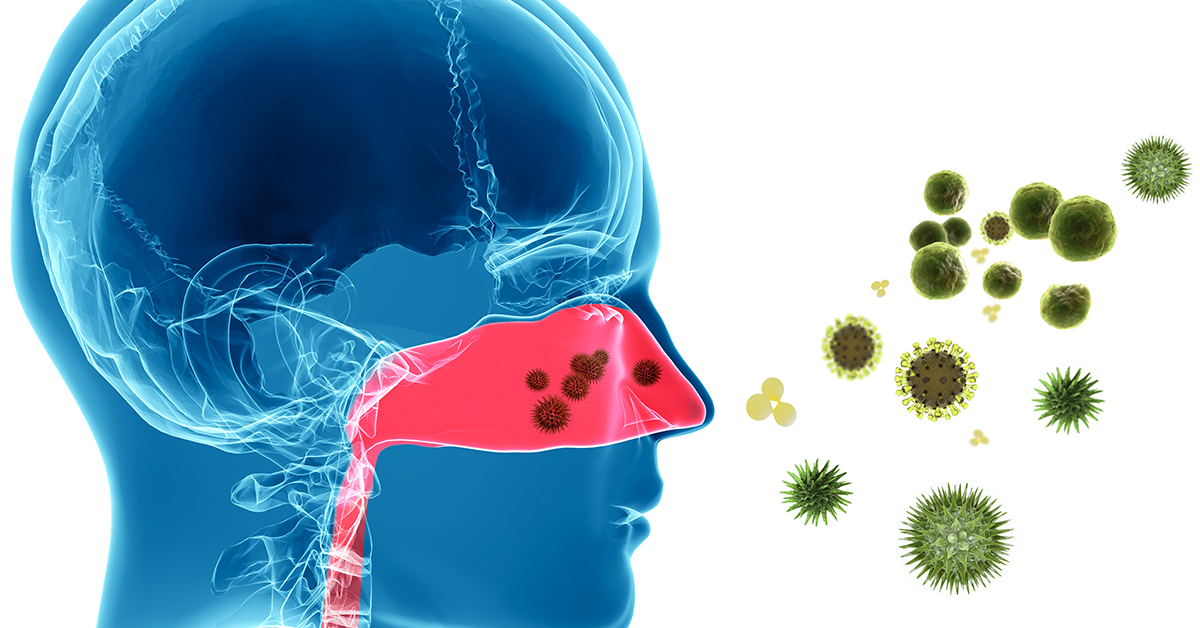
Five Things You Must Know About Fungal Sinusitis
Millions of different types of fungal species exist on earth. Every time you take a breath, you are inhaling some of them. Luckily, only about 300 species of the many millions are actually harmful. Most people that have a healthy immune system can handle a sinus infection caused by fungal species, otherwise known as fungal sinusitis, without needing medical treatment. However, in severe cases, fungal sinusitis can turn serious quickly, leading to blindness, death, or other serious health complications. Here are five things you need to know about fungal sinusitis.
1 - Over the Past Few Decades, The Number of Fungal Infections has Increased Drastically
According to the American Academy of Otolaryngology the drastic increase is primarily due to people's overuse of antibiotics and therapies for organ transplants that prevents organ rejection.
2 - You have a Greater Risk of Developing Medical Complications from Fungal Sinusitis Under the Following Conditions:
- If you have a weakened immune system.
- If you are undergoing or have recently undergone chemotherapy treatments.
- If you are HIV positive or have AIDS.
- If you are an organ transplant recipient or are taking immunosuppressive drugs.
- If you are currently suffering from an infection.
3 - Fungal Sinusitis can be Invasive or Non-Invasive.
The two different classifications of fungal sinusitis include the non-invasive classification, which means that it is limited to the sinus and nasal areas of the body. The invasive classification of fungal sinusitis means that the fungus can spread to other local tissues.
4 - There are Four Different Types of Fungal Sinusitis.
The American Academy of Otolaryngology lists the four types of fungal sinusitis as the following:
- Allergic fungal sinusitis - This type of non-infectious fungal sinusitis is caused by a hypersensitivity to mold within the sinus mucosa that are present in the environment.
- Mycetoma (fungal ball) fungal sinusitis - A non-infectious type of fungal sinusitis that leads to a fungal ball forming in one of the sinus cavities.
- Chronic invasive fungal sinusitis - An infectious type of sinusitis classified as invasive and is usually found in areas of the world like Sudan and northern India.
- Acute invasive fungal sinusitis - This infectious type is most common in people with immune system deficiencies. If left untreated it can cause permanent damage to a person's sinuses, eyes, and brain, and can even cause death.
5 - Treatment for Fungal Sinusitis Usually Involves Surgery.
While anti-fungal medications can be used to treat infectious fungal sinusitis, surgery can be used to treat all forms. The most common surgery for fungal sinusitis is called endoscopic sinus surgery. It's a minimally invasive surgery using a small flexible tube with a camera that permits the surgeon to see what's happening inside your nose. The use of the endoscope allows the surgeon to avoid creating incisions on the facial area to perform the surgery.
Seeking Treatment for Fungal Sinusitis
Fungal Sinusitis can be treated effectively before causing major problems if caught early enough. If you have developed a sinus infection that seems persistent or is getting worse, visit our ENT specialist for diagnosis and treatment.

